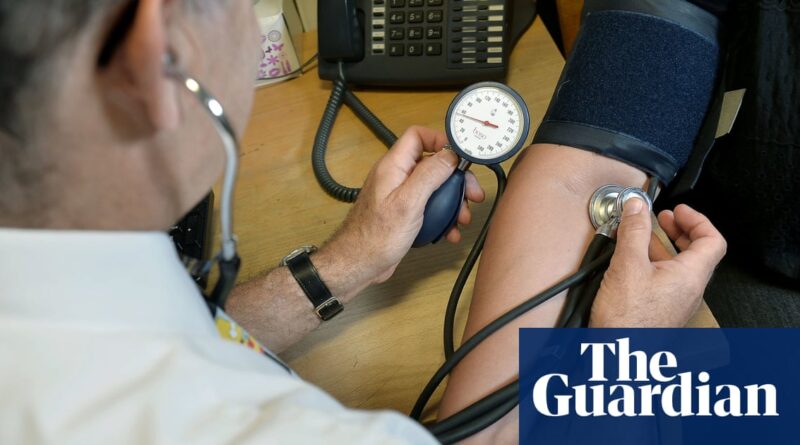The NHS is facing a ‘tipping point’ in England where many people will not have access to doctors
The NHS in England is heading for a “tipping point” after which GPs will no longer be able to provide many referrals because their numbers are falling so fast.
That’s the result of a number of new studies showing that one in five surgeries are closed, and the number of patients each doctor sees has increased over the past decade.
It is unrealistic to expect the dwindling number of full-time doctors to continue providing nearly half of all consultations, as they do now, according to the study, published in the journal BMJ Open.
“The declining numbers of GPs providing the same number of appointments per 1,000 patients appears to be unsustainable,” warn researchers from University College London and the London School of Hygiene & Tropical Medicine (LSHTM). “Therefore there is a possibility that there will be a tipping point in the near future where the majority of people selected by the general English method will no longer be prescribed by doctors.”
Patients who see a GP often can compromise on the quality and continuity – defined as regular contact with the same doctor – of the care they receive, they added.
“Maintaining the continuity of the care relationship will be difficult until there is a lack of GP appointments, and if patients need to see different doctors for different problems this can have consequences for quality of care,” says the team, led by Dr Luisa. Pettigrew, a medical doctor and researcher at LSHTM.
The findings paint a picture of an increasingly busy general practice with more doctors working part-time, amid pressures caused by the ever-increasing demand for employment and jobs. it is particularly difficult due to the aging and increasing population of Britain.
They help explain why many patients have struggled in recent years to find time to see a family doctor from their practice.
Training nurses and other staff such as pharmacists, physiotherapists and mental health consultants are playing an increasing role in seeing patients, helping to facilitate the work of doctors and improve the experience.
Four authors analyzed data collected by NHS England, the Office for Health Improvement and Excellence and the Care Quality Commission on the organisation, staff and options provided by GP practices in England between 2013 and the previous year. . They found that:
-
1,625 GP surgeries have closed between 2013 and 2023 – a fall of 20% or 178 per year – reducing the total number from 8,044 to 6,419.
-
The total number of patients on the books per operation rose by 40% – or 291 per year – over the same period, from 6,967 to 9,724.
-
The total number of patients increased from 56 million to 62.4 million.
-
Although the overall number of GPs working in the NHS rose, after taking into account changes to working hours to take into account those working full-time it fell from 27,948 to 27,321.
The review also found that the average number of GPs for every 1,000 people in England fell from 0.53 to 0.45 – a drop of 15%. The decline is particularly pronounced among male GPs.
Prof Kamila Hawthorne, chair of the Royal College of GPs, said the findings showed the NHS needed to recruit more doctors and do more to retain those already working. “Although GP work is increasing, in volume and complexity, this is down to a smaller number of doctors than we had five years ago,” he said.
“Last year, doctors and their teams gave a total of 30m a month – [more than] 4m more every month than in 2019 – while the number of fully qualified, full-time equivalent doctors fell by 601.”
A spokesman for the Department of Health and Social Care said: “The NHS is broken and these findings show how much general practice is being neglected. But this government will fix it by de-focusing hospital care and in society.”
Labor has promised to tackle the twin problems of access to legal rights for GPs and part-time family doctors to help them manage workloads by hiring an extra 1,000 GPs by the end of the year. It also gave family doctors and staff members a pay rise to help convince them to keep working.
#NHS #facing #tipping #point #England #people #access #doctors
